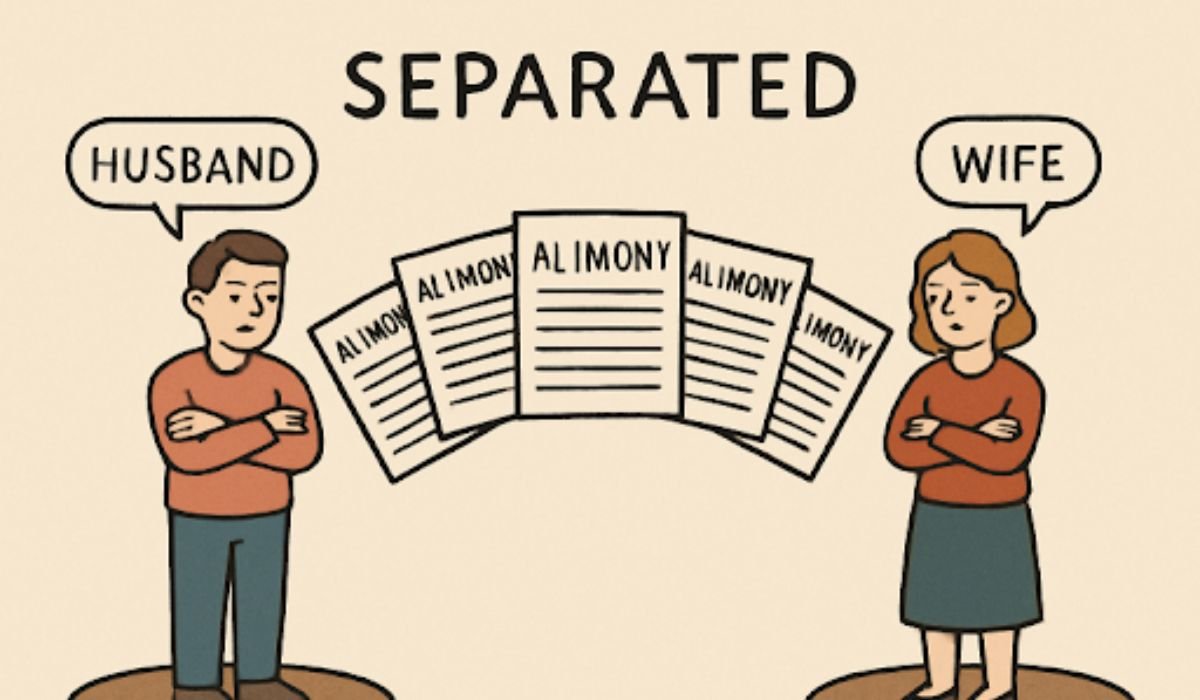Table of Contents
- Importance of Estate Planning
- Essential Documents for Seniors
- Addressing Long-Term Care Costs
- Navigating the Great Wealth Transfer
- Estate Planning for Business Owners
- Leveraging Technology in Estate Planning
- Common Mistakes to Avoid
- Conclusion
The need for thoughtful estate planning has become increasingly urgent as more people approach their senior years. Given the complexities of asset management and the legal nuances involved, consulting an elder law attorney can provide the guidance necessary to navigate this crucial process. Seniors have unique needs and concerns regarding finances, family provisions, and long-term care, making it essential to create a tailored estate plan that provides both security and peace of mind.
Failing to plan an estate properly leaves individuals and families vulnerable to disputes and disorder in an already emotional time. A proactive approach not only ensures that your assets are distributed as you wish but also protects your loved ones from unexpected legal and financial challenges. With life expectancy and healthcare costs on the rise, the importance of effective estate planning cannot be understated in today’s society—or overlooked by those seeking to protect their futures.
Beginning the estate planning process early provides flexibility and control, empowering seniors to address factors ranging from family disagreements to minimizing taxes. The intricacies of estate law, including those related to property, are best navigated with professional assistance from trusted advisors. It’s also advisable to revisit estate plans periodically to adjust for life’s inevitable changes and evolving goals.
For those with real estate holdings, the stakes can be even higher. Enlisting the expertise of a real estate attorney Indian Land is crucial for handling property transfers and ensuring assets are managed in accordance with the owner’s wishes. With the right guidance, seniors and their families gain the assurance that every aspect of their estate is thoughtfully accounted for, regardless of complexity.
Importance of Estate Planning
With increased longevity, seniors and their families face unprecedented challenges regarding healthcare, asset division, and inheritance. A well-crafted estate plan addresses these issues head-on by establishing clear directives for financial and healthcare decisions, thus preventing unnecessary conflicts among heirs. According to a 2023 report, only a quarter of Canadians have a comprehensive estate plan in place, revealing a troubling gap in preparedness that is echoed globally.
Estate planning isn’t solely about asset transfer; it’s a means of protecting dignity, honoring personal wishes, and ensuring smooth transitions for families. It also offers tax benefits and peace of mind, knowing that essential decisions won’t be left to chance or court intervention.
Essential Documents for Seniors
Every robust estate plan includes critical legal documents. The most fundamental are:
- Will: Directs asset distribution, appoints executors, and—if needed—names guardians for dependents.
- Durable Power of Attorney: Enables a trusted person to manage finances if the principal becomes incapacitated.
- Healthcare Directive (Living Will): Specifies medical preferences and authorizes decisions regarding healthcare proxy.
- Trusts: These instruments can streamline inheritance, reduce probate hassles, and possibly minimize estate taxes, especially for sizeable or complex holdings.
Keeping these documents up to date and securely accessible ensures a seamless process during challenging times. Involving professionals when preparing or updating documents is also essential to avoid ambiguity and legal pitfalls.
Addressing Long-Term Care Costs
Long-term care is among the greatest financial concerns for seniors. With private nursing home rooms costing upwards of $109,000 per year in the U.S. and much more in certain states, an unprepared estate can be rapidly depleted by medical expenses. Planning ahead with long-term care insurance, Medicaid/Medicare strategies, and specialized trusts can protect both your well-being and your legacy.
Navigating the Great Wealth Transfer
The coming decades will see trillions shift from the Baby Boomer generation to their heirs, marking the largest wealth transfer in history. Without adequate planning, much of this wealth could be lost to taxes, legal battles, or debt. A carefully drafted estate plan, which may involve gifting strategies and irrevocable trusts, ensures a smoother and more efficient family wealth transition, thereby reducing the risk of litigation or family rifts.
Estate Planning for Business Owners
Entrepreneurs and business owners must prepare for unique estate planning challenges, such as succession planning, business continuity, and complex asset valuations. Far too few businesses survive the transition to a second or third generation, often due to a lack of planning. Crucial documents for these individuals include updated trusts, buy-sell agreements, and power of attorney forms that reflect the latest business realities. Regular valuations and legal oversight are key for successful transitions.
Leveraging Technology in Estate Planning
Digital tools and online document platforms have democratized access to estate planning. While these services offer convenience and affordability, they may lack customization for complex estates or local laws. Seniors and their families benefit most from a hybrid approach, which utilizes technology to stay organized while also securing guidance from skilled legal professionals for peace of mind and compliance with local statutes.
Common Mistakes to Avoid
- Neglecting to update estate documents after major life changes, such as marriage, the birth of grandchildren, or a change in financial status.
- Failing to make provisions for potential incapacity can lead to expensive guardianship proceedings.
- Failing to account for digital assets, including online accounts, cryptocurrencies, and social media profiles.
- Lack of communication with heirs can spark misunderstandings and unnecessary disputes.
- Relying exclusively on DIY estate planning tools without professional review risks the creation of unenforceable or incomplete documents.
Conclusion
Estate planning is a crucial pillar of financial security, especially as life expectancies increase and family structures evolve. By acting early and seeking professional advice, seniors can craft a plan that safeguards their legacy, minimizes tax exposure, and eliminates much of the stress that often accompanies inheritance. The right plan doesn’t just distribute wealth—it preserves harmony and provides enduring benefits for loved ones.
YOU MAY ALSO LIKE: Guiding You Through the World of Personal Legal Affairs










